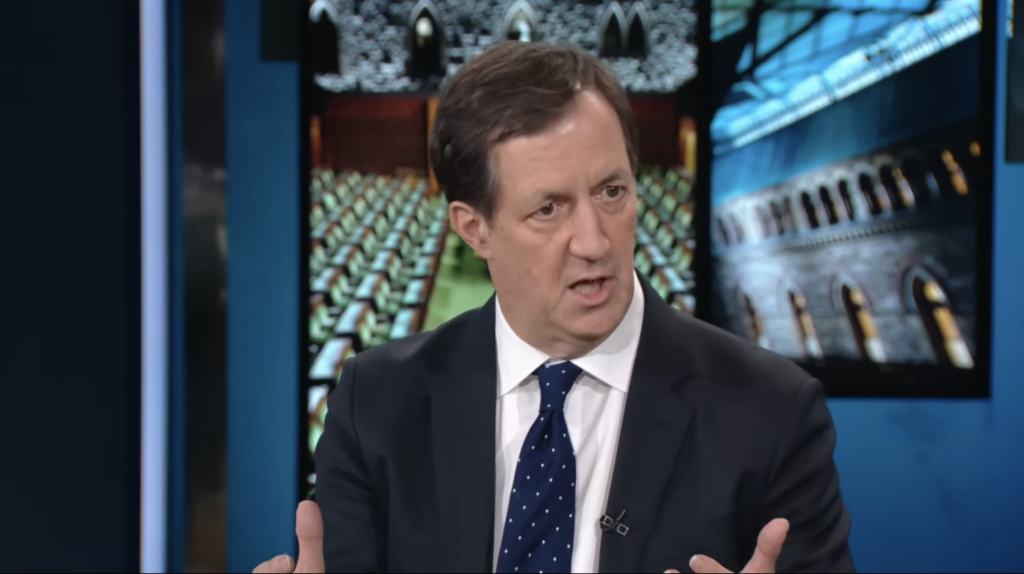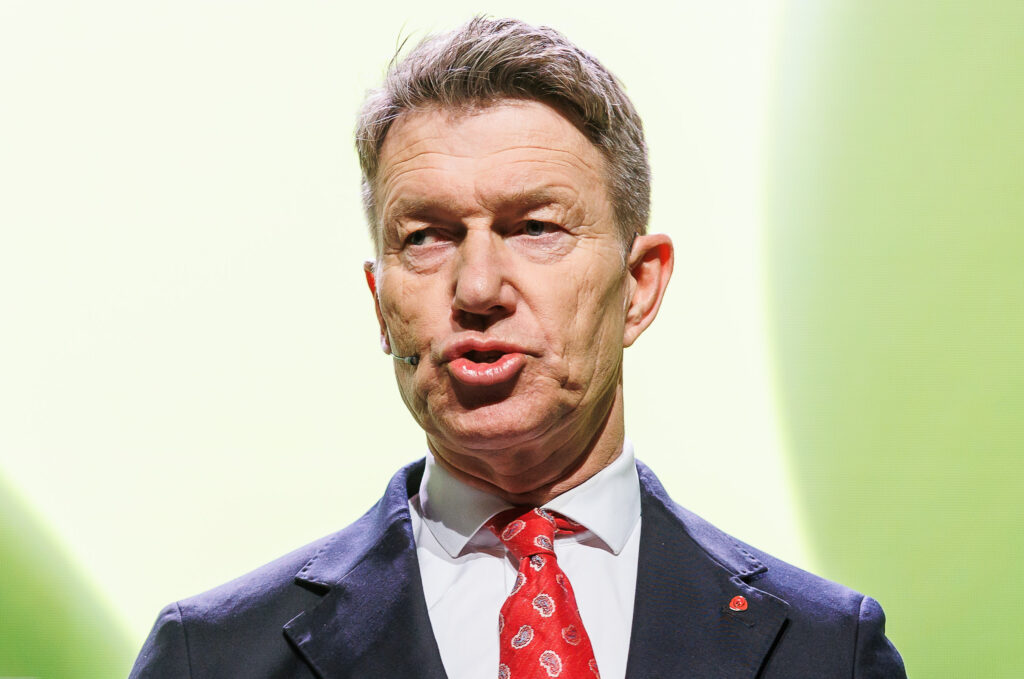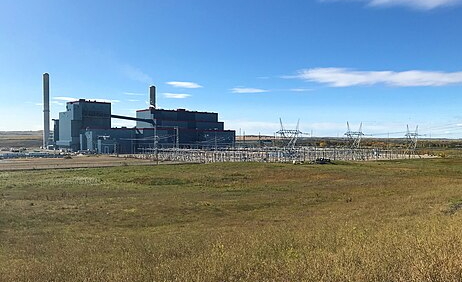If you Google the phrase that sounded so explosive in U.S. President George Bush’s mouth last week, the first post you will come up with is a Dec. 13, 2001 leader from that venerable defender of the free market, the Economist magazine.
Sadly, while G.W.’s advisers appear finally to have read the Economist’s headline, they have not bothered to dip into the text, which warns against the inadequacies of government investment in alternative fuels and recommends instead a carbon tax.”Gradualism,” the Economist said, “is the key to doing this intelligently. The time to start is now.”
Well, the time to start was, in fact, then, but better late than never.
The headline – Addicted to Oil – also made an appearance in the May 29, 2003 edition of the Atlantic magazine, over a piece written by Robert Baer, a former CIA agent in the Middle East. Baer describes the U.S. condition as “a dependence so strong it’s almost like a narcotic.”
There was a June 17: 2002 post on the activist blog AlterNet, the whole headline from which was “Addicted to Oil: Confronting American’s worst habit.”
And there was a Natinal Public Radio series called Addicted to Oil that began airing in April 2005.
It doesn’t matter now whether this is a case of great minds thinking alike or an instance in which the U.S. administration can no longer flee from a self-evident truth, it’s just good to see the problem front and centre on the public agenda.
Subscribe to our newsletter
Stay up to date with DeSmog news and alerts





